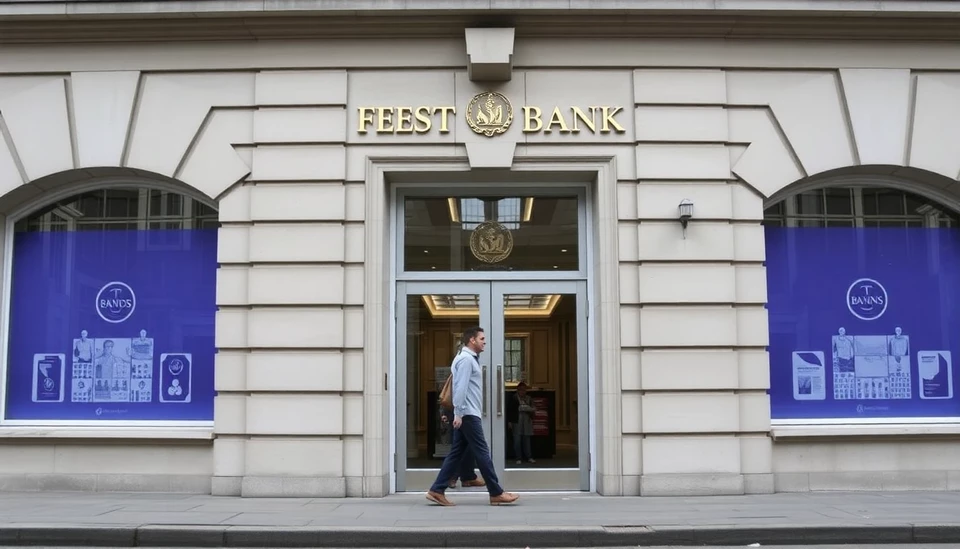
In a significant shift likely to influence the future of the financial industry, London's financial regulators have raised concerns about proposed changes to the bonus framework for bankers within the city. This adjustment is seen as a move that could potentially elevate risk levels in the banking sector, raising alarms among regulatory bodies.
The modifications place greater emphasis on the long-term performance of banks while allowing for a more flexible framework regarding the payout of bonuses. Regulators have expressed worries that such an approach could inadvertently lead to risky behaviors among financial institutions, as bankers may feel incentivized to chase short-term gains at the expense of more sustainable practices.
As London attempts to maintain its reputation as a leading global financial hub post-Brexit, the balancing act between rewarding performance and ensuring stability in the banking sector is more critical than ever. The Financial Conduct Authority (FCA) and the Prudential Regulation Authority (PRA) voiced their apprehensions during a recent industry conference, where they detailed the potential for volatility that could stem from these changes.
One of the key outcomes of the proposed changes is that bonuses would now be more closely tied to the long-term success of the institutions. However, feedback from various stakeholders indicates that, while the intention is to mitigate risky practices, the response from bankers may lead to an acceleration of short-term strategies to maximize immediate bonuses. This situation could invoke a cycle where banks prioritize immediate returns over growth and stability.
The controversy surrounding the bonus revisions is compounded by existing tensions within the financial community, particularly as London aims to redefine its regulatory environment in the post-EU landscape. With the global financial market evolving, banks are under pressure to adapt their practices not just for compliance, but to foster an ethical approach that reassures both clients and investors.
Despite the risks highlighted by regulators, other experts argue that the changes could lead to more innovative banking practices and a stronger emphasis on strategic growth. The ongoing dialogue continues to illustrate the complex dynamics of the financial environment in London, with various factions advocating for different approaches to bonuses and risk management.
As discussions continue, both regulators and bankers are at a crossroads, facing the challenge of developing a framework that promotes financial growth while mitigating risk. Moving forward, how these new bonus structures are implemented and the layers of oversight established will likely dictate the stability of London's banking landscape for years to come.
In conclusion, the future of London’s banking sector remains uncertain with the wave of changes to bonus structures sparking a critical conversation around risk, performance, and regulatory oversight. The stakes are high as both banks and regulators sift through the complexities of fostering a robust yet accountable financial environment.
#LondonBanking #BankersBonus #FinancialStability #FCA #PRA #RiskManagement #BankingRegulation
Author: Victoria Adams




